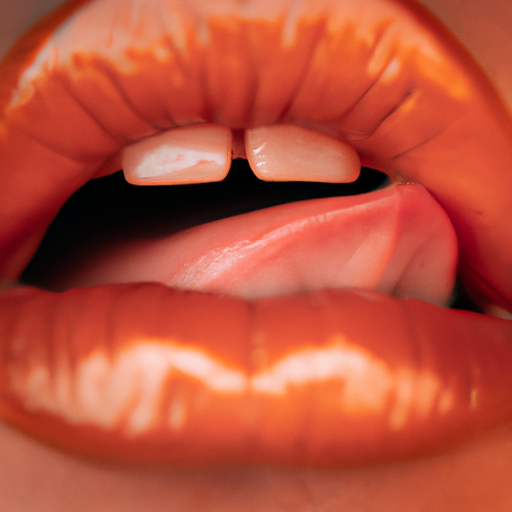Chapped lips, medically referred to as cheilitis, is a common condition that many people experience, especially during colder months. This condition is characterized by dry, flaky, and sometimes painful lips. Despite its prevalence, the reasons behind chapped lips remain a mystery to many. As an expert in dermatology, I will attempt to unmask this mystery and unravel the reasons behind your chapped lips.
The skin on our lips is different from the skin on the rest of our body. It is thinner and lacks the protective outer layer, known as the stratum corneum. Additionally, our lips do not have oil glands, which are responsible for keeping our skin moisturized. These factors make our lips more susceptible to drying out.
One of the most common causes of chapped lips is environmental factors. Exposure to cold, dry air can cause the moisture on your lips to evaporate, leading to dryness and flaking. Similarly, exposure to wind can also strip away moisture from your lips. Moreover, exposure to the sun can cause sunburn on your lips, leading to dryness and peeling.
Another common cause of chapped lips is dehydration. When your body is dehydrated, it lacks the necessary fluids to keep your skin, including your lips, moisturized. This can result in dry, chapped lips. Therefore, it is important to stay hydrated by drinking plenty of water throughout the day.
Certain lifestyle habits can also contribute to chapped lips. For instance, licking your lips can cause them to dry out. This is because our saliva contains enzymes that are meant to break down food. When we lick our lips, these enzymes can break down the thin layer of skin on our lips, causing them to become dry and chapped.
Moreover, some people may experience chapped lips as a reaction to certain medications or ingredients in lip products. For instance, certain acne medications can cause dryness throughout the body, including the lips. Similarly, some lip balms contain ingredients like menthol, camphor, and phenol that can irritate the lips, causing dryness and flaking.
Lastly, certain medical conditions can cause chapped lips. For instance, people with eczema, an inflammatory skin condition, may experience dry, chapped lips. Similarly, certain systemic conditions like Sjögren’s syndrome, which affects the body’s moisture-producing glands, can also cause dry, chapped lips.
In conclusion, there are several reasons why you may be experiencing chapped lips. These range from environmental factors to lifestyle habits to underlying medical conditions. Understanding the cause of your chapped lips is the first step in treating them. If you are experiencing persistent chapped lips despite your best efforts to keep them moisturized, it may be worth consulting with a dermatologist to rule out any underlying medical conditions.
Remember, your lips are a part of your skin and need as much care as the rest of your body. So, keep them hydrated, protect them from harsh environmental factors, avoid licking them, and choose lip products wisely. By understanding and addressing the causes of chapped lips, you can keep your lips soft, healthy, and free from discomfort.



